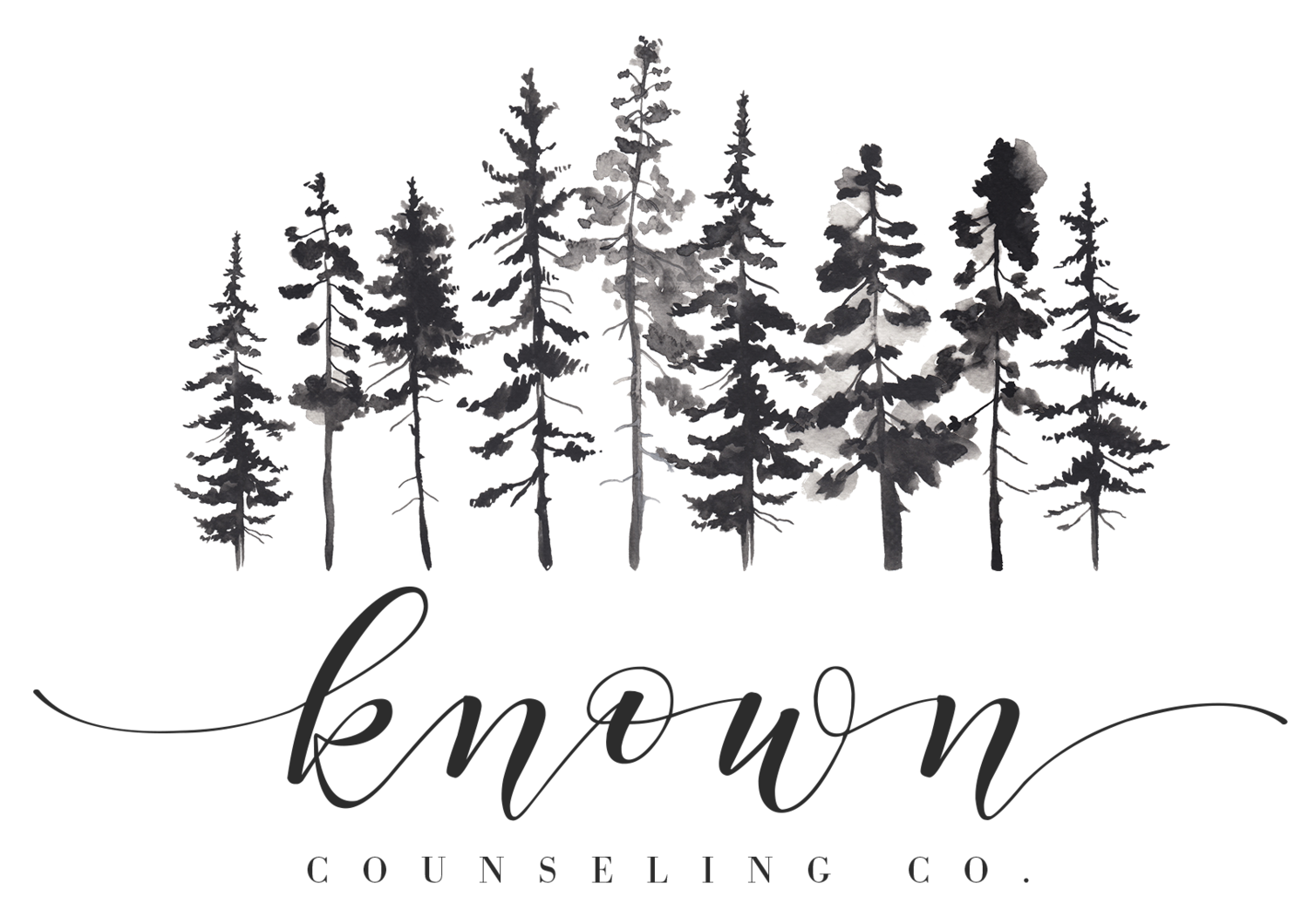Is it a Panic Attack? Or an Anxiety Attack?
How to Tell the Difference and Why it Matters.
If you’re reading this post its because you know the feeling. Anxiety rushing into your system, taking over your ability to function, making you feel like you could burst. Or die. Heart pounding, blood racing, and whole body shaking. Is it panic? Is it just anxiety? You struggle with the label, you struggle with the difference. And mostly you struggle with how to make it stop.
Anxiety Attack vs. Panic Attack.
Whether it’s correct or not, most clinicians say one quick and dirty way to tell you the difference. When clients describe their experience, I ask “Did you feel like you were going to die?” How you answer that question typically illuminates what you’re dealing with.
Panic attacks are sudden, quick, and over in less than ten minutes. A panic attack occurs when your brain is triggered into the ‘fight or flight’ response, which basically means that your brain thinks you’re in danger. Bad danger, Life threatening danger.
Think of a scenario of being in a dark alley, chased by a person holding a knife. Your brain thinks you’re going through a situation equivalent to this and will respond in the same exact way. That means you’re filled with an astronomical amount of fear. Your heart will start palpitating, you’ll struggle to breathe which will then make your chest feel tight like you’re having a heart attack and going to die. Lack of oxygen will also make you lightheaded and dizzy, making it difficult to focus or think. Other body sensations are shakiness, trembling, numbness, and nausea. It usually only lasts minutes and your body will calm down.
Anxiety attacks are different, some would consider them more “watered-down” versions of panic attacks. It’s important to note that anxiety attacks are not technically a diagnosable condition like panic attacks are. It’s a newer term to the psychology community. There are mental health diagnoses for anxiety including generalized anxiety disorder which is the broad category commonly used. Symptoms of GAD include a general, overarching sense of fear and worry that is excessive and unrealistic. GAD has physical side effects as well including tightness of chest, tingling, trouble sleeping, shortness of breath, difficulty concentrating, and fatigue.
An anxiety attack is the label typically given when someone is experiencing a heightened amount of symptoms than they are used to, making it hard to function and concentrate in the day. The difference between these feelings of anxiety and panic attacks is that they are less intense and usually last a longer period of time. While a panic attack lasts upwards of ten minutes, an ‘anxiety attack’ can last all day. The symptoms feel stronger than regular anxiety and more distracting, yet not as acute as a panic attack.
If you feel like you’re on the brink of having a panic attack but don’t actually have one, that’s an anxiety attack. It can feel like a tipping point, right on the edge of losing safety and control.
Why it Matters and What to Do.
Knowing the truth of what you’re experiencing can help treatment. People can have anxiety attacks or panic attacks for different reasons. Oftentimes, treatment varies for each as well.
The first thing to do when experiencing EITHER a panic attack or anxiety attack is to get checked out by your primary care physician. It’s good to rule out other medical issues.
Next thing is counseling. Typically, any type of panic or anxiety is the symptom of a deeper problem. If you don’t get to the root of the problem, you’ll just keep chopping down branches to have them regrow again.
The good news, is that in the meantime you can document all of the times you had a panic attack and work hard to explore what could have possibly triggered it. What set it off? Knowing that can protect you from setting it off for the same reason next time, or give insight to the deeper issues churning below the surface.

